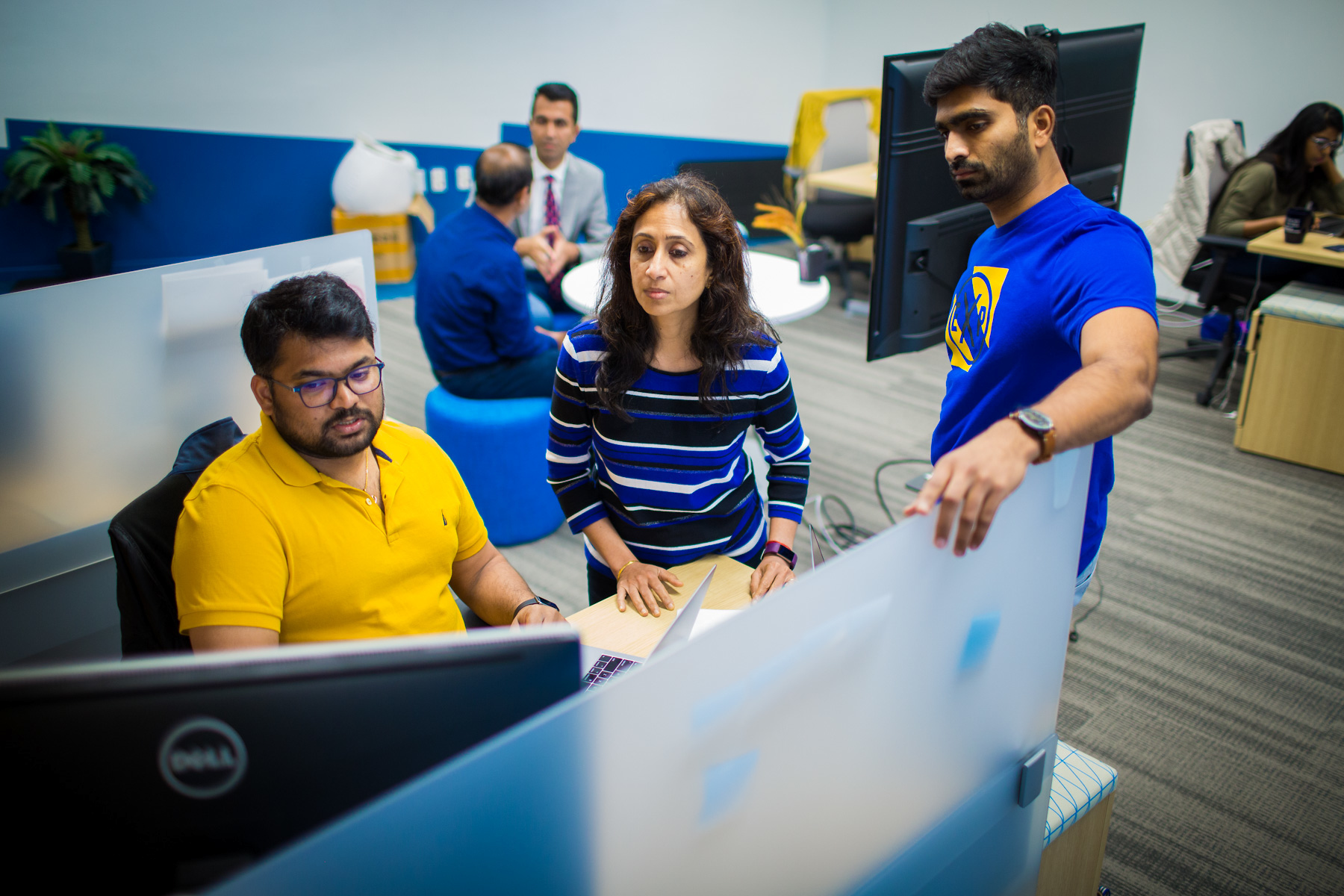Methods Areas
- Artificial Intelligence and Machine Learning Theory and Methods
- Artificial Intelligence and Machine Learning Applications
- Bias, Ethics, and Fairness
- Biostatistics and Bioinformatics
- Biomedical Signal and Image Processing
- Clinical Research
- Computer Vision
- Edge Computing and Tiny Machine Learning
- High-Performance Computing and Databases
- Human-Computer Interaction
- Natural Language Processing


